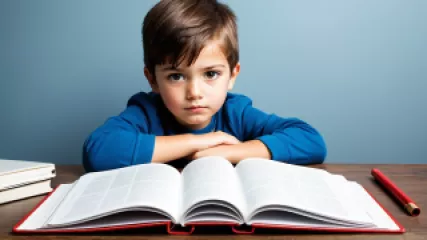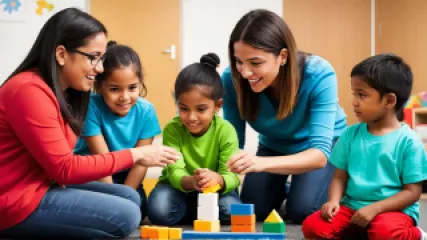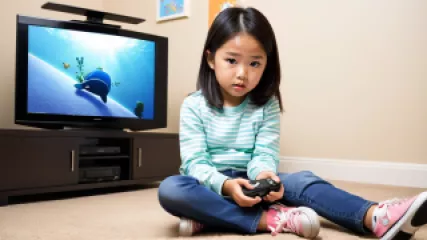How to Overcome Mental Health Stigma: A Step-by-Step Guide
1 anno fa
Stigma della Salute Mentale
10 Proven Strategies to Overcome Creative Blocks
1 anno fa
Superare i Blocchi Creativi
5 Steps to Take a Mental Health Break for Improved Well-being
1 anno fa
Importanza delle Pause per la Salute Mentale
10 Compelling Reasons to Take a Mental Health Break
1 anno fa
Importanza delle Pause per la Salute Mentale
10 Proven Benefits of Mindful Listening for Anxiety Relief
1 anno fa
Benefici dell'Ascolto Consapevole
10 Proven Strategies to Overcome Creative Blocks
1 anno fa
Superare i Blocchi Creativi
5 Self-Help Practices to Master Relaxation
1 anno fa
Tecniche di Rilassamento
Lessons from 'The Shawshank Redemption' for Understanding Psychology Fundamentals
1 anno fa
Fondamenti di Psicologia
My Journey Building Resilience as a Child
1 anno fa
Costruzione della Resilienza nell'Infanzia
How to Overcome Creative Blocks: A Step-by-Step Guide
1 anno fa
Superare i Blocchi Creativi
Expert Insights on Helping Kids Build Resilience
1 anno fa
Costruzione della Resilienza nell'Infanzia
Overcoming Disappointment: My Journey to Finding Hope
1 anno fa
Affrontare la Delusione
Exploring the Impact of Child Media Exposure on Childhood Mental Health Awareness
1 anno fa
Esposizione dei Bambini ai Media
Understanding Therapeutic Interventions in Psychology
1 anno fa
Fondamenti di Psicologia
15 Proven Strategies for Overcoming Disappointments
1 anno fa
Affrontare la Delusione















